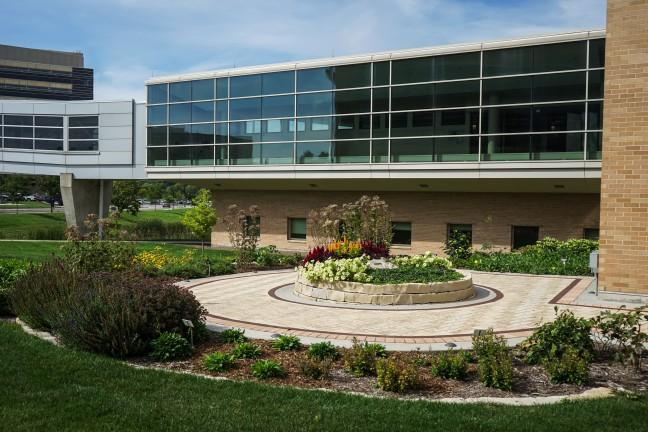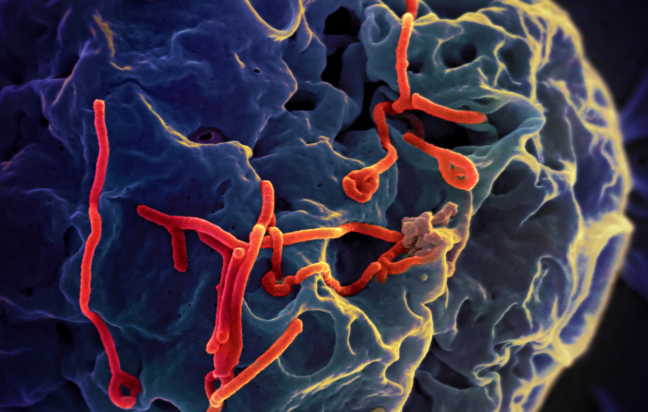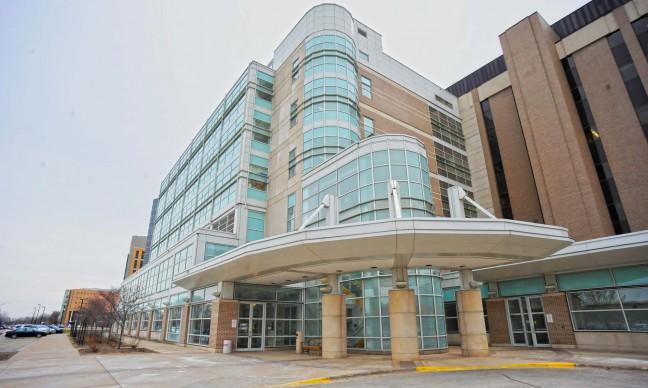Following a case of research censorship surrounding a University of Wisconsin professor’s work with avian bird flu, a fellow UW researcher hosted a forum on the impact of biological research censorship Tuesday night.
UW professor of pharmaceutical sciences William Mellon said the research previously called into question is potentially dangerous because if accidentally put into the wrong hands, it could be used as a weapon of bioterrorism.
While researchers are using the experiments and mutations to find cures for avian flu, Mellon said terrorists or other violent groups could use these findings to raise “havoc.”
“It’s really alarming to me that terrorists or people like that could take such beneficial research and twist it to have a completely different use,” UW student Claire Cameron, who attended the meeting, said. “Mellon was expressing how important it is to protect research and I think, so far, it seems like UW is doing a really good job of that.”
Mellon said scientists at the university are currently using ferrets to conduct research on the transmissibility of avian flu. He said researchers create mutations to understand this basis for transmissibility as well as to identify what would allow this virus to be transmitted from human to human.
Mellon said researchers have also conducted work through six centers around the world, allowing scientists to track whether or not it could become a pandemic. He said at this point, avian flu is not a concern because there are only about 500 people who have been exposed to it.
In order to gain further knowledge on mutations of the avian flu, researchers must use biological agents, Mellon said.
“Biological agents and toxins have the potential to pose a severe threat to public health and safety, to animal health, animal products or to plants,” Mellon said.
Because these agents are dangerous, Mellon said it is extremely important to keep them under tight protection. He said UW has committees set up to ensure the safety of research conducted.
One of these committees is the Biosecurity Task Force, which was formed just after the events of Sep. 11, 2001. It is comprised of Mellon and the committee chair, as well as other deans of research, attorneys, police officers, principle investigators and the head of computer security at Division of Information Technology.
They work together to ensure that research conducted at UW is safe both on computers and in labs. Mellon said there are thousands of attempts to hack into U.S. computers from other countries and a committee like this is designed to prevent that.
According to Mellon, the largest threat to the future of the research is the involvement of the government, members of which can be uneasy about avian flu research being conducted.
Mellon said Congress seems to want to jump into the research from a political sense and is not thinking about the positive effects the research could provide.
“It’s comforting how confident he is,” Mike Hanna, first year graduate student in the pharmacology program and attendee of the meeting, said. “He really believes that [the research] is being dealt with properly.”
Mellon and UW researchers have hopes of continuing studies on avian flu, as they feel the benefits outweigh the risk.















